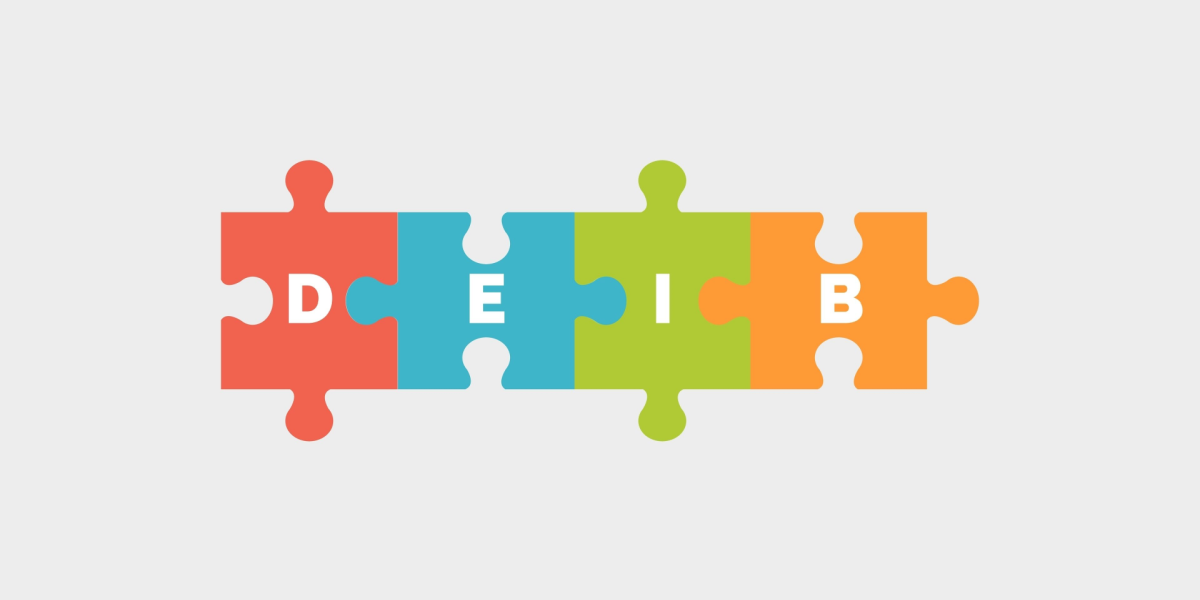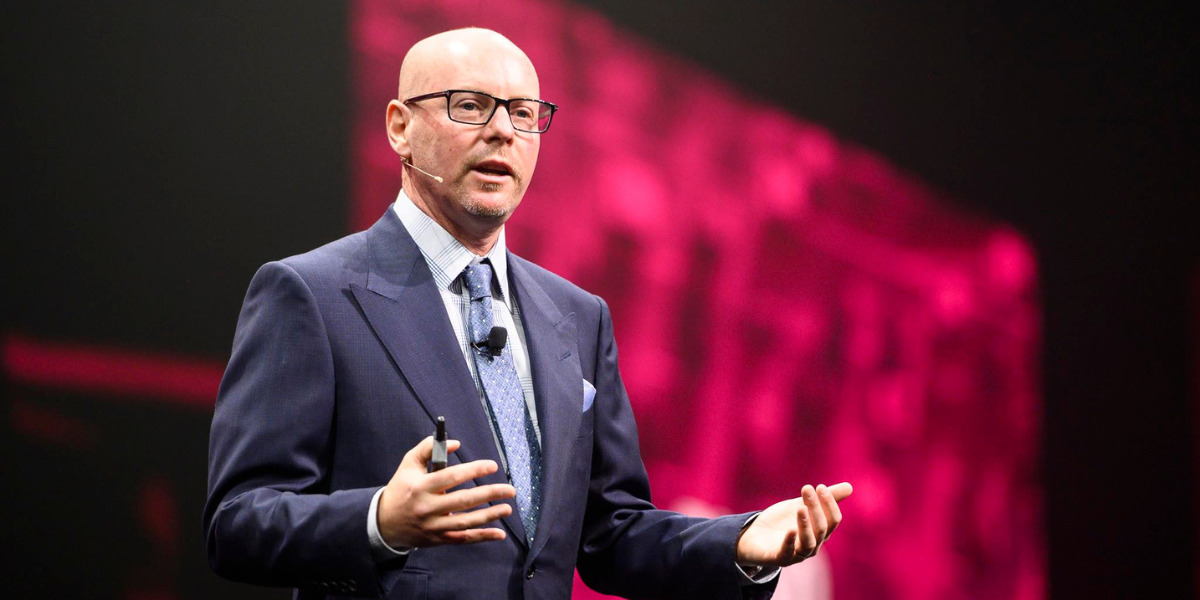Facebook, Google, Netflix, and Spotify are 4 of the hottest and most successful companies of the modern era.
These companies play a large, and some would say too dominant, role in our lives. When was the last time you went a day without scrolling your feed, Googling something, watching TV, or listening to music? Like me, you probably can’t remember.
Society now relies on these colossal beasts to inform and entertain us. But apart from that, these four companies have at least one other thing in common.
They all operate with the agile mindset across at least some of their internal departments.
That means that since they pulled together their unique selling point (USP) and pitched it to their marketplace (or entered the start-up phase), these 4 companies have been operating with the agile methodology.
It’s not uncommon to hear how large companies and corporations are spending huge money each year following the lead of Facebook, Google, Netflix, and Spotify. It’s understandable, every business leader wants to be a runaway success like these 4.
But the fact is most businesses don’t have the budget to implement agile methodology at an enterprise level and have teams of scrum masters overseeing sprints (or iterative stages of product development).
So, it makes sense that most small businesses look at large companies and don’t see how agile methods are applicable to their smaller teams on a much more streamlined budget.
For me, the real lesson that needs to be understood from these 4 companies is how they used the agile mindset as a startup (assumingly with limited to no budget) and how agile has helped them scale to global proportions.
If they can be agile from day one, so can your small business from now.
Read more: Building a Workplace Culture That Makes Your Employees Happy
What is Agile Methodology?
Agile and its associated terms like “scrum master” and “sprints” have become buzzwords and often leave people (or employees) thinking it’s a cunning plan by management to get staff to do more for less.
If the agile methodology is implemented incorrectly maybe it is, but at its heart agile is a system to work more efficiently.
According to Isaac Sacolick, contributing editor of enterprise technology publication InfoWorld, agile was officially launched in 2001 when 17 technologists drafted the “Agile Manifesto.”
Together these technologists wrote the 4 guiding principles for agile project management, with the goal of developing better software.
These principles are:
- Individuals and interactions over processes and tools.
- Working software over comprehensive documentation.
- Customer collaboration over contract negotiation.
- Responding to change over following a plan.
To break it down further, the agile methodology is an approach to project management for software design that enables IT teams to quickly respond to changes and pivot in building software solutions.
But as Facebook, Google, Netflix, and Spotify indicate, the agile methodology has now gone beyond just tech teams and permeates throughout all internal teams.
Agile Mindset vs Agile Methodology
The success of the agile methodology comes down to people thinking creatively about how to attack a problem in a different and more user-friendly way.
I’m sure in the course of their work the original 17 technologists dealt with roadblocks that stalled their ability to get work done. So, they devised a plan to smash through the barriers they faced.
Providing a solution to a pain point is the marker of every prominent business. That’s the lesson small business owners need to learn from the agile methodology.
In an unpredictable business environment, small businesses need to address the concerns and challenges experienced by their target market and implement measures internally that allow them to remain viable and operate efficiently.
With a little forward-thinking (or an agile mindset) you can devise strategies to counteract any obstacle that gets in your way. Like the agile methodology, if the solution is needed in the marketplace, it can be implemented by anybody.
Read more: Building a Workplace Culture That Makes Your Employees Happy
In an ever-increasing global environment, small business is not limited to supplying products or services to customers near a physical location and essentially this requires an agile mindset to do so.
As an example, I business coach clients in Melbourne (where I’m based), across the rest of Australia, New Zealand, US, Canada, and Singapore. And I have staff members who work for me in Southeast Asia.
When COVID-19 hit, we were relatively unscathed as we’d long been functioning with an agile mindset. For us, given the distance between customers and staff, meetings were conducted via video technology and communication happens through apps like Slack and Notion.
We’ve never had agile consultants work with us to streamline what we do. We simply looked at all areas of our small business and identified what needed ‘new thinking’ to enable us to continue to service our customers and keep remote staff enrolled in our vision and mission.
Start the Agile Mindset Today
The agile mindset is all the rage at the moment and I suspect it will be for some time. That’s because it’s getting results and its tech-giant adoptors give it a glamorous appeal.
But if you remove the buzzwords and the glitzy image of agile, it boils down to simply looking at a consistent problem and putting in place a framework to deal with it effectively. If staff across the entire business implement the approved framework it will allow both business and employees to grow and prosper.
The lesson here is not that you need to replicate what large companies and corporations are doing, instead, you need to look at a problem (like a pandemic) as a barrier but as an opportunity to think differently and put in place an agile mindset (or more user-friendly) strategy that provides a solution to the problems you and your customers experience.
Ultimately, that’s what separates a small business from a highly successful operation.
Get more small business advice from founders who’ve been in your shoes. Browse our catalog of free courses.
Learn more about Tristan’s small business coaching company Evolve to Grow.

















